Did you know that nearly 90% of wilderness survival situations come from human mistakes or not being ready? This fact shows how key it is to be prepared for unexpected challenges outdoors. As someone who loves the outdoors, I know that learning survival skills is crucial for staying safe and strong in the wild.
Skills like building shelters, starting fires, and purifying water are essential. They can greatly impact how ready you are for emergencies. Also, knowing how to navigate can boost your confidence in the wilderness. Sadly, only about 50% of adventurers carry the right tools like maps or compasses1.
In today’s world, it’s important to know and practice these basic survival skills. They help you thrive when you’re off the grid and feel safe in any situation. For more tips on survival skills, check out this helpful guide on survival skills that everyone should learn.
Key Takeaways
- About 90% of wilderness survival situations can be attributed to human error or lack of preparation.
- Mastering fire starting techniques is essential for warmth, cooking, and water sterilization.
- Water purification knowledge can prevent illnesses, as many survival situations stem from inadequate access to clean water.
- Adequate navigation skills, including map reading and compass use, are crucial for safety in unfamiliar settings.
- Being proficient in building shelters is vital, particularly since many outdoor-related fatalities result from inadequate protection against the elements.
Prioritize Shelter Building
Building a shelter is key to survival. It’s your first defense against the elements. Learning about different shelters, like lean-tos and A-frames, helps you adapt to any situation2. This knowledge boosts your survival chances by providing protection and comfort.
Types of Shelters
There are many types of shelters for different places. Here are a few:
- Lean-tos are quick to make and keep the wind out.
- Debris huts use natural materials for insulation.
- A-frames are strong against rain or snow.
- Quinzhee works well in snowy areas.
- Ground trenches cool you down in hot places.
Learning about these shelters improves my bushcraft skills. It prepares me for living in the wild.
Collecting Natural Materials
It’s important to gather materials like branches and leaves for building shelters. I also look for mud and moss for insulation. Tarps can add extra protection if I have them.
Practicing these skills before needing them is crucial3. Knowing where to place your shelter is also key. It keeps you safe from dangers like avalanches. Improvising is vital in the wilderness to stay safe.

Master Fire Starting Techniques
Fire is key in outdoor survival, offering warmth and ways to cook and purify water. Learning how to start a fire is crucial for outdoor lovers. It’s vital to know different methods that work in emergencies.
Different Methods for Fire Starting
There are many ways to start a fire, from old-school methods to modern tools. Traditional ways like the bow drill need lots of practice and can be hard for newbies4. On the other hand, tools like waterproof matches or ferrocerium rods make starting a fire simpler, especially in bad weather4. You can also use a glass bottle filled with water or flammable liquids as a fire starter in survival situations4.
Importance of Tinder, Kindling, and Fuel
Knowing how to gather the right materials is key to starting a fire. You need dry tinder, thin kindling, and enough fuel. Tinder should burn easily, and kindling should be thinner than a pinky finger to light up fast5. Fatwood is great because it burns well even when it’s damp5.
Remember, starting a fire from scratch means picking and preparing these materials carefully6. Practicing these skills in different conditions helps improve your bushcraft skills. This makes you better at adapting to unexpected situations6.
Essential Survival Tips for Finding and Purifying Water
Having clean drinking water is key to surviving in the wild. I’ve learned many ways to find water and purify it to stay safe. Knowing how to find and purify water can save your life on outdoor trips.
Identifying Water Sources
I look for streams, lakes, and rivers first. But there are other ways to find water too:
- Collecting rainwater is safe in rural areas with low pollution risk.
- Morning dew and melting snow are good for hydration. I use transpiration bags to catch water from leaves.
- A belowground still can collect up to one quart of water per day if set up right7.
- In deserts, watch for potholes in dry washes that can hold water during flash floods.
Water Purification Techniques
After finding water, I make sure to purify it. Here are my top methods:
- Boiling water for five minutes kills most bacteria and makes it safe to drink8.
- Purification tablets or drops, like iodine or chlorine, work well for drinking water. You need about 20 liters for each use8.
- Stone boiling heats rocks and then places them in water containers. This method can boil water when using the right containers.
- In tropical areas, distillation is great for making salty water drinkable, separating clean water from impurities8.
Navigation Skills for Wilderness Preparedness
Knowing how to navigate is key for outdoor adventures. Learning to read maps and use compasses helps find your way and plan paths. These skills make wilderness trips safer and less likely to get lost.
Map Reading and Compass Use
Good map reading skills help spot landmarks and plan routes. Using a compass is crucial for navigating different landscapes. It’s important to practice these skills because survival guides can be wrong or untested9.
Real-life practice is vital. It helps you accurately assess your surroundings in survival situations.
Natural Navigation Cues
Learning to use natural cues also boosts wilderness preparedness. Techniques include using the sun, moon, and stars when tech fails. Knowing mountains, rivers, and landmarks is key for navigation10.
Understanding these signs helps keep direction in tough places. It makes me more ready for emergencies.
Conclusion
Learning survival skills makes my outdoor adventures safer and more fun. I focus on building shelters, starting fires, purifying water, and navigating. These skills help me face unexpected challenges in the wild.
Survival skills mix old techniques with new ones for the best results1112. Being ready for emergencies means more than just knowing how. It’s about growing stronger and loving nature more.
Knowing how to build shelters with branches and leaves can save lives. Fire starting is key for warmth and cooking1112. Staying hydrated is also crucial. Using clean water systems is vital for survival techniques help keep me ready for emergencies.
Mastering these skills makes me safer and more adventurous. Being prepared for the outdoors lets me tackle challenges boldly. With survival tips, I can enjoy the wilderness fully11.I’m always learning and getting better at these skills for my outdoor adventures.
FAQ
What are the most important survival skills I should learn for outdoor adventures?
Key survival skills include building shelters, starting fires, purifying water, and navigating. Learning these will help you deal with emergencies and enjoy the wilderness.
How do I build an effective shelter in the wilderness?
Build shelters like lean-tos, debris huts, or A-frames using natural materials. Gather branches, leaves, and debris to make a strong shelter that keeps you dry and warm.
What are some reliable methods for starting a fire?
Use primitive methods like the bow drill or modern tools like lighters. Knowing about tinder, kindling, and fuel helps start fires in any weather.
How can I find clean drinking water while camping?
Find water sources like streams and lakes, or collect rainwater. Purify water by boiling, chemical treatment, or using portable filters before drinking.
What navigation skills should I have to avoid getting lost?
Learn to read maps and use compasses. Also, know how to use the sun and stars for navigation when technology fails.
Why is it important to master these survival skills?
Mastering survival skills boosts your safety and emergency readiness. It also makes your outdoor adventures better and helps you appreciate nature more. It prepares you to handle unexpected challenges with confidence.
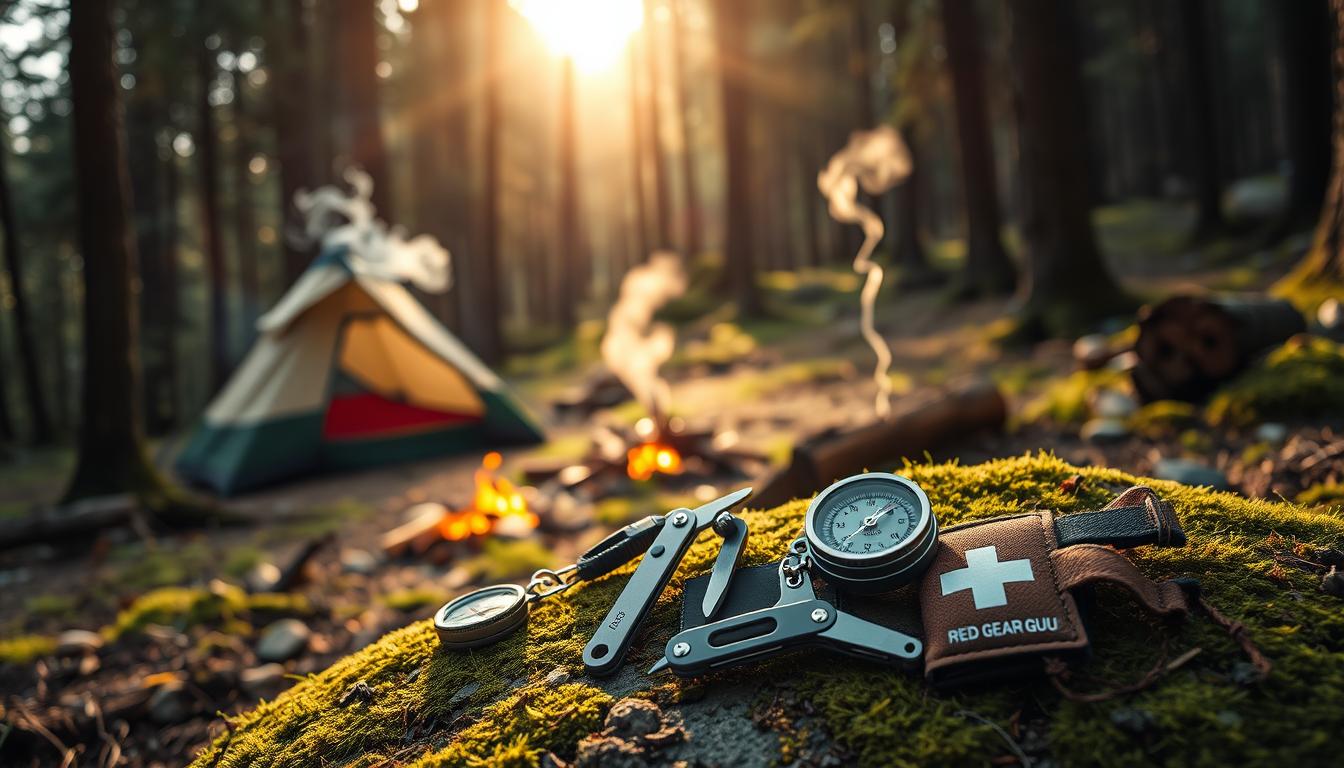
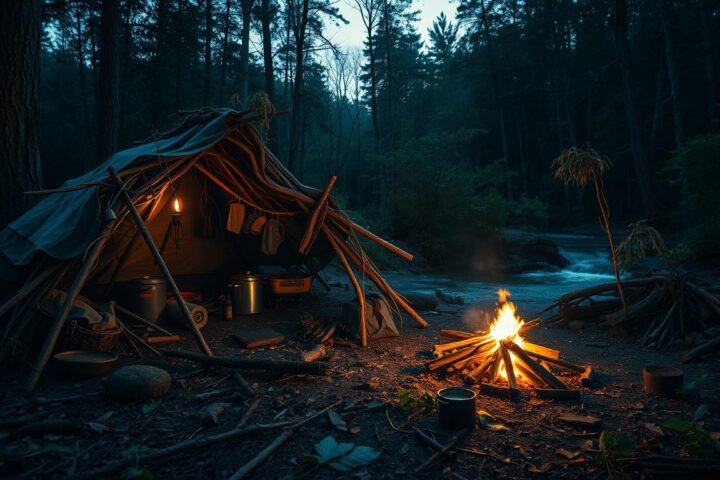
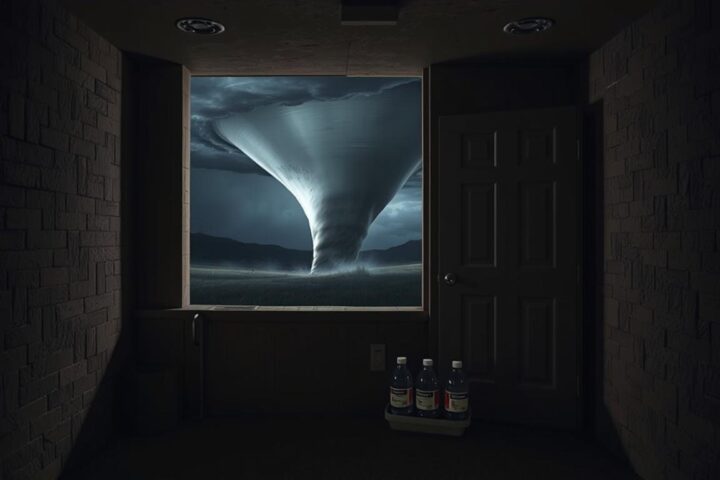

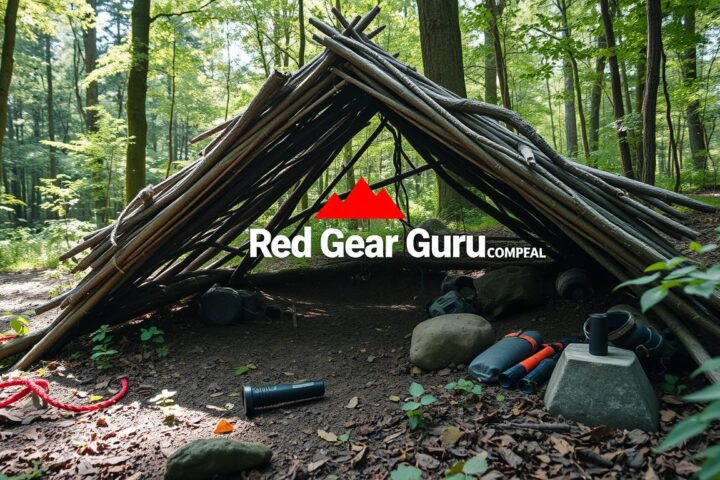




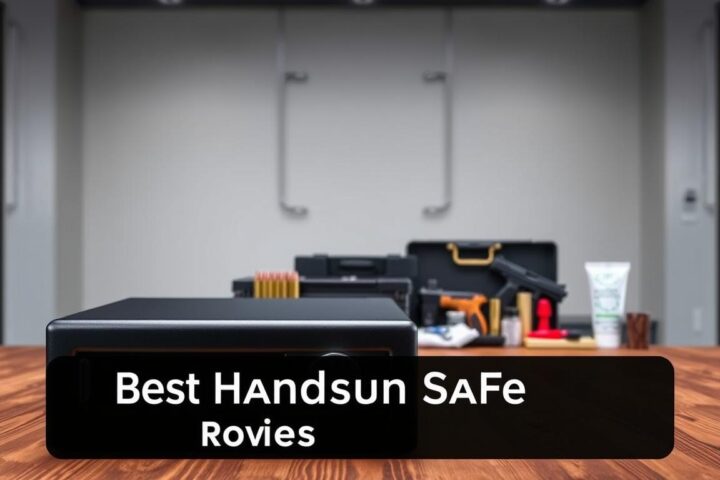







Write more, thats all I have to say. Literally, it seems as though you
relied on the video to make your point. You definitely
know what youre talking about, why waste your intelligence on just posting videos to your site when you could be giving
us something informative to read?